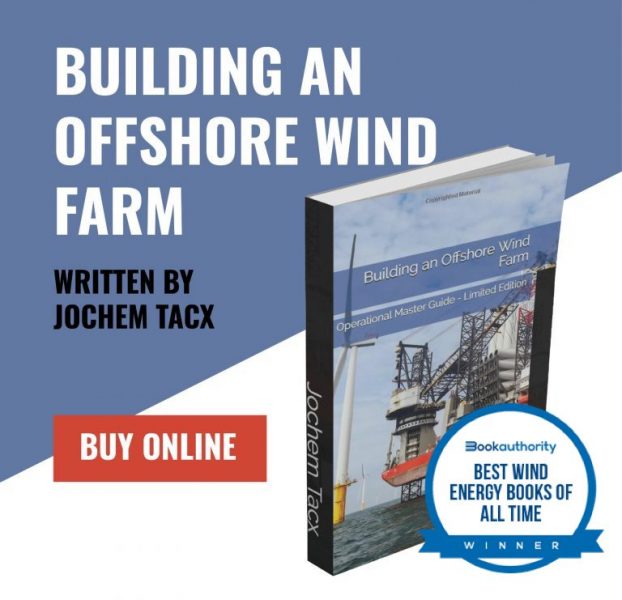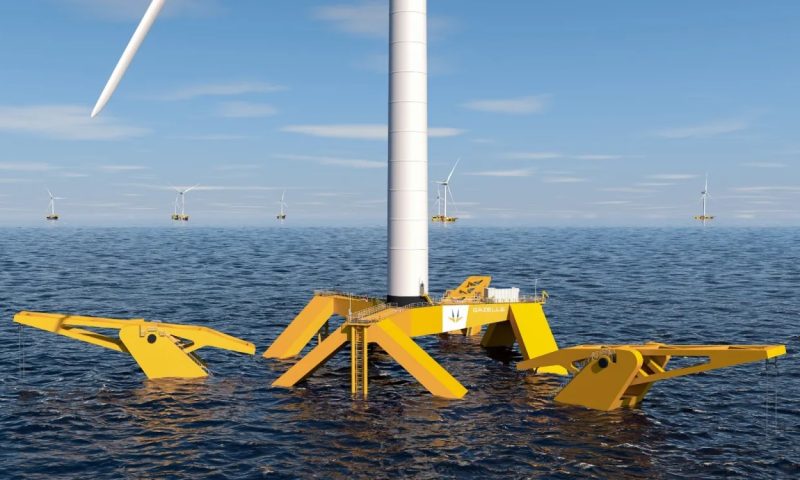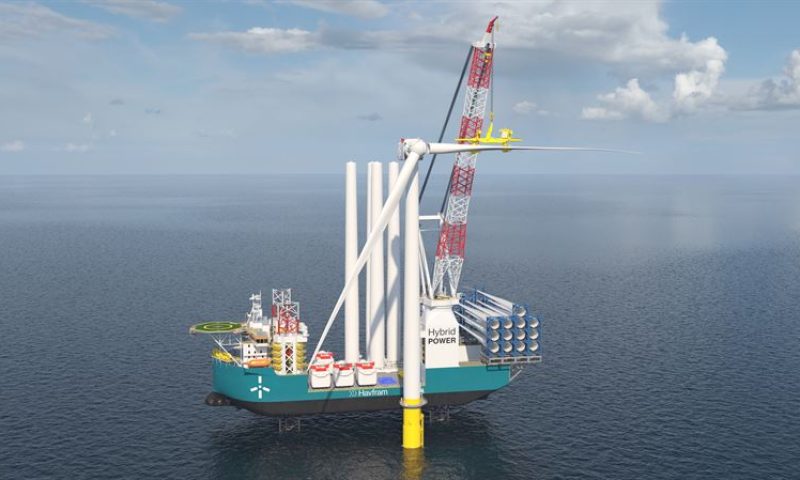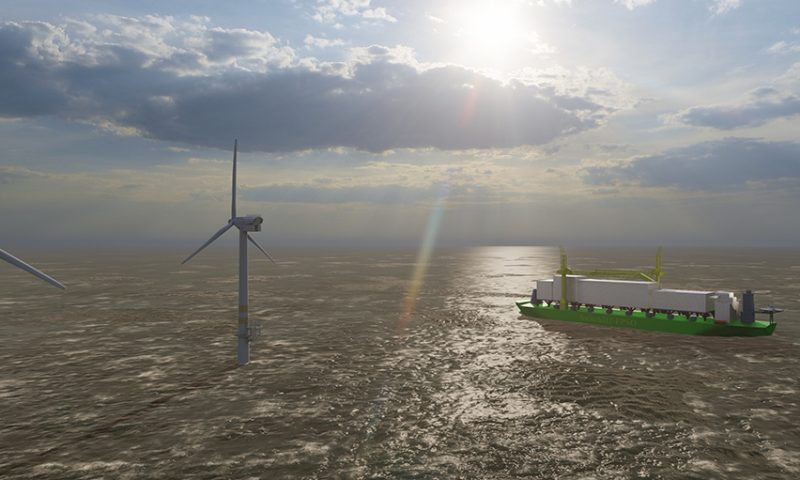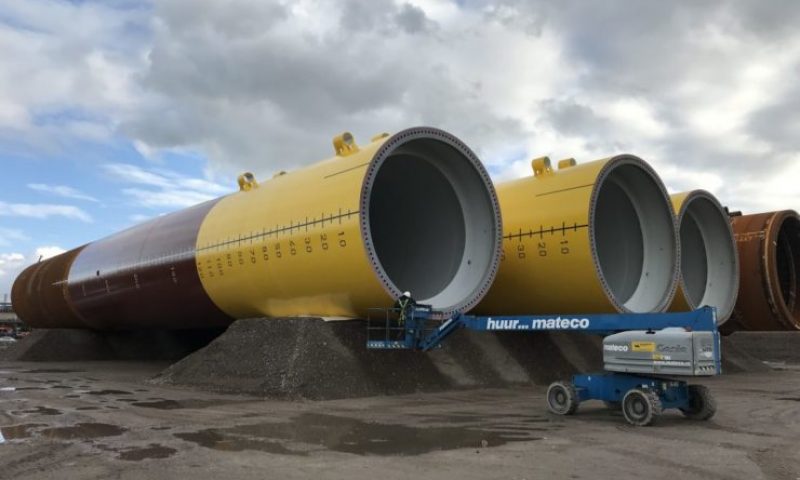
Commence of Construction Triton Knoll Offshore Wind Farm
Triton Knoll Wind Farm is all set to begin installation of the first offshore components at the windfarm in the innogy fleet. New Grimsby team will manage all offshore construction activity.
Julian Garnsey, project director for Triton Knoll and innogy, said: “We are looking forward to a busy year installing Triton Knoll’s innovative foundations and offshore substation platforms, further demonstrating innogy’s continued commitment towards ever more sustainable electricity generation for consumers.”
During 2020, the project team will aim to install 90 bespoke monopile foundations and transition pieces, along with two high-tech offshore substation platforms (OSPs) and their foundations, as well as over 600 kilometers of sub-sea export and array cables.
The vessel fleet that will carry out the installation has already begun to mobilize and will look to install the first foundations as soon as the weather conditions are favourable.
Triton Knoll Offshore Wind Farm is a state-of-the-art 857MW offshore wind farm, located over 32 kilometers off the Lincolnshire coast, with a turbine array that covers an area of 145 square kilometers, bigger than the City of Manchester.
A fleet of vessels, many operating out of Grimsby’s Royal Dock, will support the construction of the wind farm. The offshore fleet will be dominated during 2020 by the 183 metre long installation vessel Seaway Strashnov, as well as the high-tech Service Operation Vessel (SOV) ‘Esvagt Froude’.
Within the month, the 83 meter long SOV will first visit Triton Knoll’s newly constructed Grimsby port facilities, where all offshore construction activity and longer-term operations and maintenance will be coordinated. The SOV supports the project’s specialist construction team and will regularly enter the port to change crews and re-stock supplies.
Triton Knoll takes over as Principal Contractor (offshore) with innogy providing the project with additional management support across the offshore construction and commissioning phases.
Offshore construction starts with the installation of turbine monopile foundations and transition pieces. Each steel monopile weighs on average 600 tonnes and is around 54 meters long – longer and similar in width to the cabin of an Airbus A380.
The foundations design, by UK engineering firm Atkins on behalf of lead contractor 3SF (a Smulders Sif Joint Venture), is a major innovation and has saved the equivalent of over 3 Eiffel Towers worth of steel in the manufacturing process, while preserving the strength of the asset.

